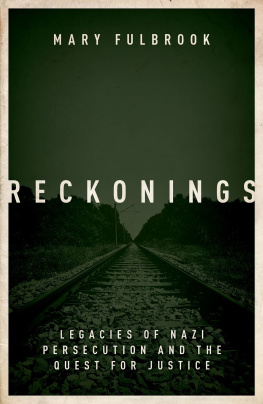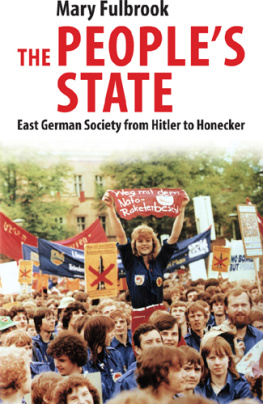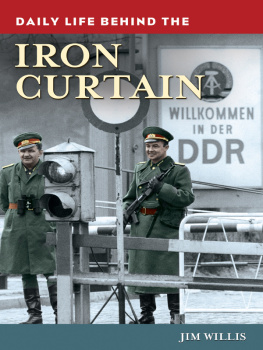Mary Fulbrook - Becoming East German: Socialist Structures and Sensibilities after Hitler
Here you can read online Mary Fulbrook - Becoming East German: Socialist Structures and Sensibilities after Hitler full text of the book (entire story) in english for free. Download pdf and epub, get meaning, cover and reviews about this ebook. year: 2013, publisher: Berghahn Books, genre: Politics. Description of the work, (preface) as well as reviews are available. Best literature library LitArk.com created for fans of good reading and offers a wide selection of genres:
Romance novel
Science fiction
Adventure
Detective
Science
History
Home and family
Prose
Art
Politics
Computer
Non-fiction
Religion
Business
Children
Humor
Choose a favorite category and find really read worthwhile books. Enjoy immersion in the world of imagination, feel the emotions of the characters or learn something new for yourself, make an fascinating discovery.

- Book:Becoming East German: Socialist Structures and Sensibilities after Hitler
- Author:
- Publisher:Berghahn Books
- Genre:
- Year:2013
- Rating:3 / 5
- Favourites:Add to favourites
- Your mark:
Becoming East German: Socialist Structures and Sensibilities after Hitler: summary, description and annotation
We offer to read an annotation, description, summary or preface (depends on what the author of the book "Becoming East German: Socialist Structures and Sensibilities after Hitler" wrote himself). If you haven't found the necessary information about the book — write in the comments, we will try to find it.
For roughly the first decade after the demise of the GDR, professional and popular interpretations of East German history concentrated primarily on forms of power and repression, as well as on dissent and resistance to communist rule. Socio-cultural approaches have increasingly shown that a single-minded emphasis on repression and coercion fails to address a number of important historical issues, including those related to the subjective experiences of those who lived under communist regimes. With that in mind, the essays in this volume explore significant physical and psychological aspects of life in the GDR, such as health and diet, leisure and dining, memories of the Nazi past, as well as identity, sports, and experiences of everyday humiliation. Situating the GDR within a broader historical context, they open up new ways of interpreting life behind the Iron Curtain while providing a devastating critique of misleading mainstream scholarship, which continues to portray the GDR in the restrictive terms of totalitarian theory.
Mary Fulbrook: author's other books
Who wrote Becoming East German: Socialist Structures and Sensibilities after Hitler? Find out the surname, the name of the author of the book and a list of all author's works by series.










 CONTENTS
CONTENTS